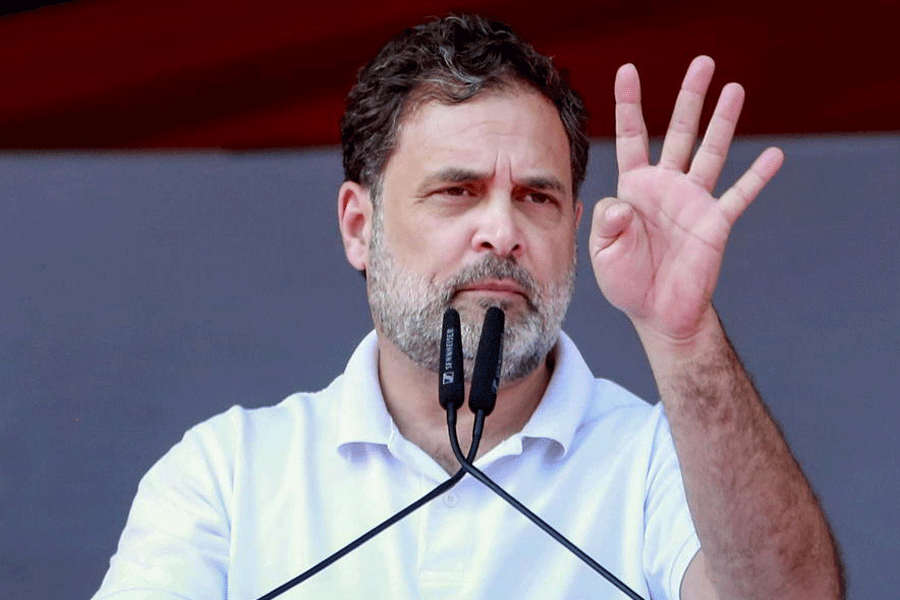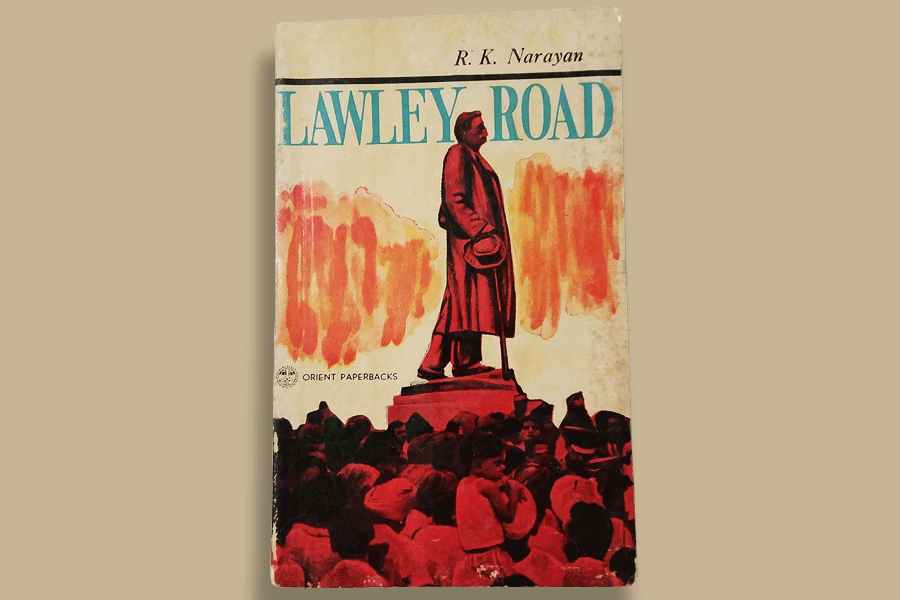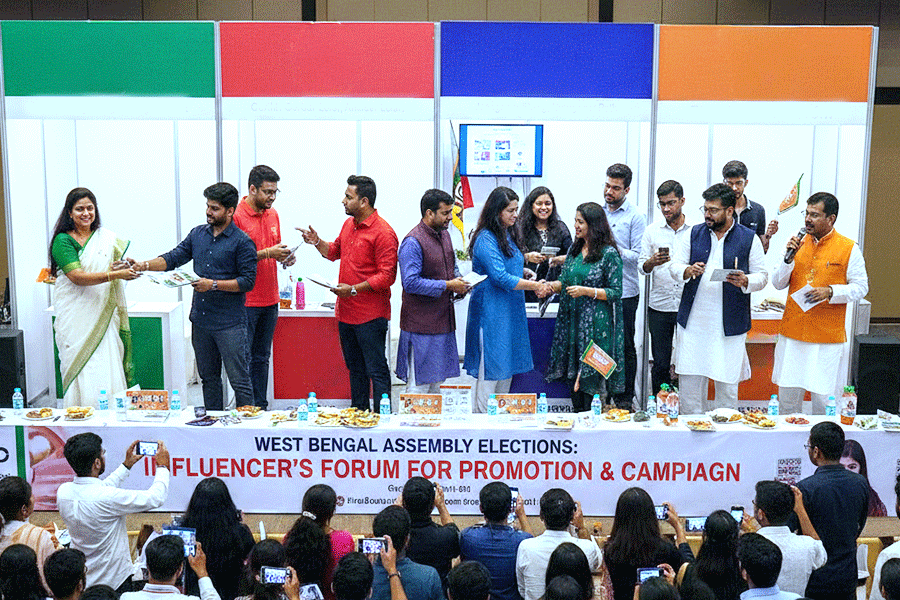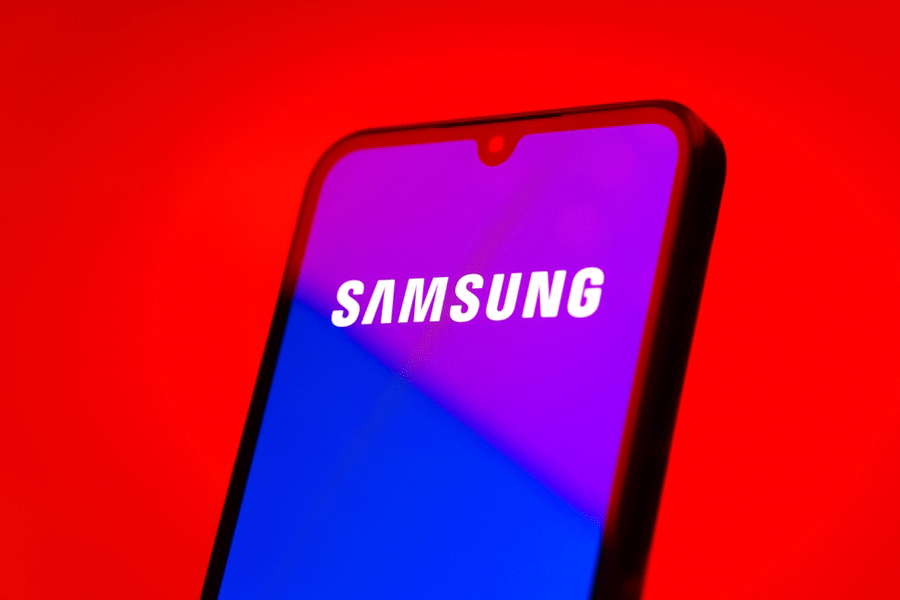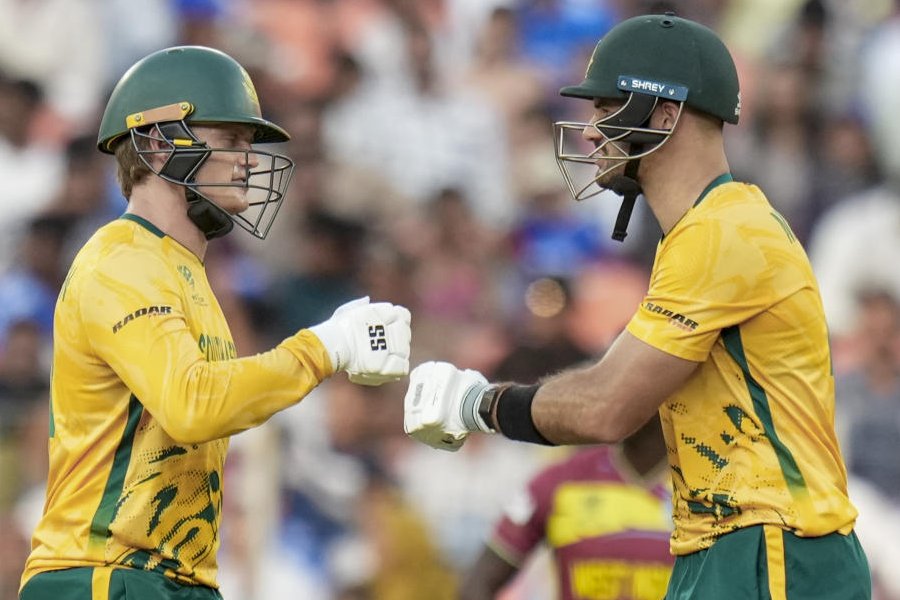Luca Guadagnino has always been a filmmaker who loves to explore the complexities of passion. In After the Hunt, he brings that same sensuous touch to the Ivy League world of Yale University. What starts as a #MeToo-inflected campus thriller slowly broadens into a drama about power, privilege, and the generational clash between two women. While the theme has a lot of richness to it, the execution falters at times.
Julia Roberts plays Alma Imhoff, a celebrated philosophy professor waiting on her tenure decision. Alma is the sort of academic any Indian student who’s been through the grind would instantly recognise — brilliant, articulate, and fully aware of the authority she carries. And she’s admired by her star student Maggie Price (Ayo Edebiri).
The story kicks off at a party at Alma’s home — the kind of intellectual gathering where conversations glide from literature to politics. Guadagnino, true to form, lingers over every detail: the warm lighting, the art-filled walls, the clink of glasses. Maggie has one drink too many, and Alma’s colleague Hank Gibson (Andrew Garfield) walks her back to her dorm. Hours later, Maggie arrives shaken, accusing Hank of assault.
This is where the film sets up its central conflict. Alma must decide whether to stand by a colleague she’s trusted for years or the student who holds her on a pedestal. The power dynamics at play will feel instantly familiar — the long shadows cast by reputation, the institutional impulse to hush things up, and the quiet calculations that follow an accusation in elite spaces.
But After the Hunt doesn’t follow the straightforward route. Nora Garrett’s script deliberately keeps things blurry. Backstories emerge slowly, and every detail is laced with ambiguity. When handled well, this kind of storytelling can be gripping, but here it occasionally feels like the film is hedging its bets.
After the Hunt isn’t trying to argue for or against the #MeToo movement — it is far from it. Its real concern is how truth gets shaped: by memory, by fear, by bias, by generational baggage. The point isn’t who’s guilty; it’s how quickly we convince ourselves we already know.
This is where Roberts is phenomenal. Alma isn’t an easy woman to root for. She has battled alcoholism, carries unresolved resentment, and hides her own insecurities under layers of intellectual polish. But she’s also someone forged by struggle, someone who had to prove herself every step of the way. When she faces off against Maggie — a member of a generation that demands immediate justice, absolute transparency, and emotional safety — the tension feels honest.
Ayo Edebiri is compelling as Maggie, though the character deserved more depth, given her intersections of race, queerness, wealth, and academic excellence. Garfield, meanwhile, delivers one of his most vulnerable performances, capturing the helplessness of a man whose life collapses faster than he can defend himself.
The film builds towards a major confrontation, but when it arrives, it’s surprisingly muted. Instead of a sharp emotional release, it feels like the film loses its nerve. Guadagnino seems torn between offering a definitive take and staying neutral — and he ends up treading water.
But then comes the epilogue, and suddenly everything falls into place. It reminds us what the film actually wants to say: that moral clarity takes time. And that the real work begins when we stop chasing easy answers.


